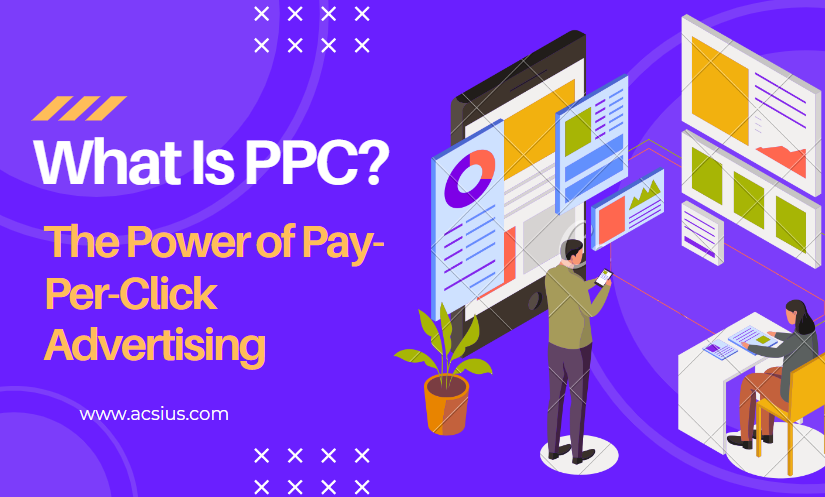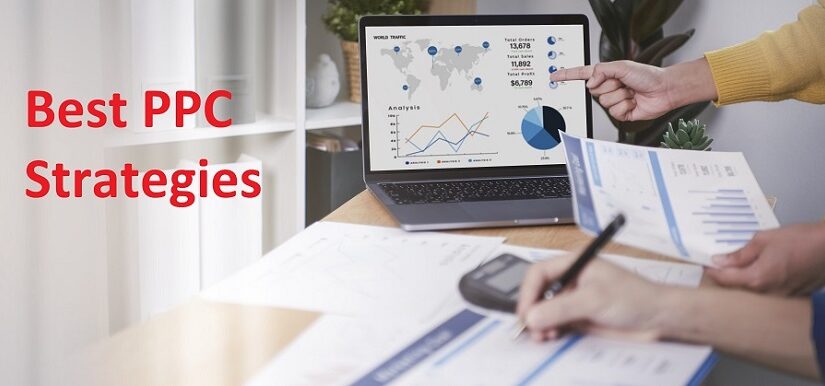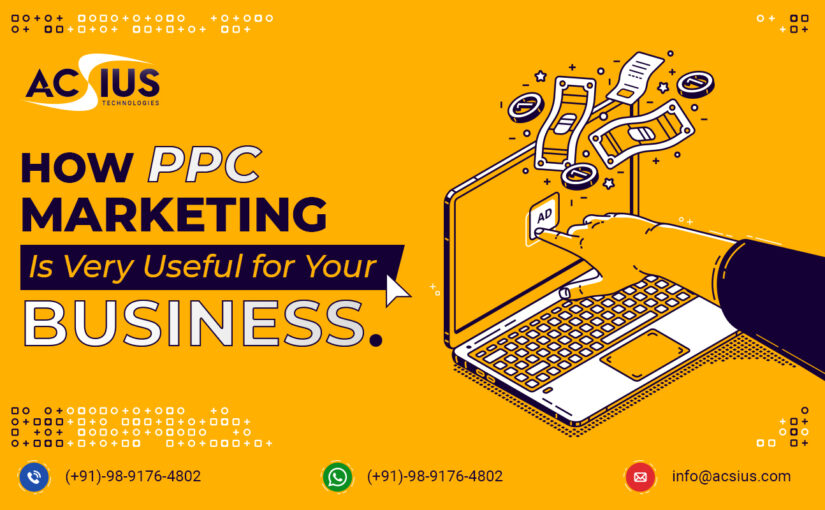In the dynamic landscape of digital marketing, Pay-Per-Click (PPC) advertising has emerged as a potent tool for businesses to reach their target audience effectively. As the digital ecosystem continues to evolve, PPC services in India have gained prominence, offering a strategic approach for businesses to enhance their online visibility and drive conversions. In this comprehensive guide, we will delve into the world of PPC services in India, exploring the benefits, strategies, and key considerations for businesses looking to harness the full potential of PPC.
What is PPC?
PPC, or Pay-Per-Click, is a digital advertising model in which advertisers pay a fee each time their ad is clicked. It is a method of buying visits to a website rather than earning those visits organically. In a PPC campaign, advertisers bid on specific keywords relevant to their target audience. When users conduct searches using those keywords, the ads appear at the top or bottom of search engine results, marked as “sponsored” or “ad.”
The key feature of PPC is that advertisers only pay when someone clicks on their ad, hence the name “Pay-Per-Click.” This model allows businesses to control their advertising budget more effectively, as they are charged only when potential customers engage with their ad by clicking on it.
PPC advertising platforms, such as Google Ads and Bing Ads, provide a platform for businesses to create and display their ads. These platforms typically operate on a bidding system, where advertisers bid on the amount they are willing to pay for a click on their ad. The bid, along with other factors like ad relevance and landing page quality, determines the ad’s position in the search results.
PPC is known for its immediacy and precision, providing businesses with a way to quickly reach their target audience and drive traffic to their websites. The effectiveness of PPC campaigns is often measured through metrics like click-through rate (CTR), conversion rate, and return on investment (ROI).
Understanding PPC and Its Relevance in India:
PPC, or Pay-Per-Click, is a digital advertising model where advertisers pay a fee each time their ad is clicked. This form of advertising allows businesses to bid for ad placement in a search engine’s sponsored links when someone searches for a keyword related to their business. In India, the significance of PPC advertising has grown rapidly with the increasing internet penetration and the surge in online activities.
The Indian digital landscape is witnessing a massive transformation, with a burgeoning population of internet users. As per recent statistics, India boasts over 700 million internet users, making it one of the largest online markets globally. With such a vast audience, PPC services have become a crucial component of digital marketing strategies for businesses aiming to tap into the Indian consumer base.

Benefits of PPC Services in India:
- Targeted Advertising: PPC allows businesses to target their ads to specific demographics, locations, and interests. This targeted approach is particularly valuable in a diverse market like India, where consumer preferences can vary significantly across regions and demographics.
- Instant Visibility: Unlike organic methods, PPC delivers instant results. As soon as a campaign is launched, ads can appear at the top of search engine results, ensuring immediate visibility for businesses. This is especially advantageous for time-sensitive promotions and product launches.
- Measurable ROI: PPC provides detailed analytics and metrics, allowing businesses to track the performance of their campaigns in real-time. This level of transparency enables marketers to measure the return on investment (ROI) accurately and make data-driven decisions to optimize campaign effectiveness.
- Cost-Effective: With PPC, businesses have control over their advertising budget. They only pay when a user clicks on their ad, making it a cost-effective method as compared to traditional advertising channels. This is crucial for businesses in India, especially startups and small enterprises, looking for efficient ways to allocate their marketing budgets.
Strategies for Effective PPC Campaigns in India:
- Keyword Research: Conducting thorough keyword research is the foundation of a successful PPC campaign. Understanding the keywords that resonate with the Indian audience and align with the business’s goals is essential. Localization and language nuances play a significant role in selecting the right keywords for an Indian market audience.
- Localization of Ad Copy: Ad copies need to resonate with the local culture and preferences. Language, tone, and cultural relevance are crucial factors for crafting compelling ad copies that connect with the target audience in India. Localization extends to the choice of images and ad formats as well.
- Mobile Optimization: India is a mobile-first market, with a significant portion of internet users accessing content through smartphones. PPC campaigns must prioritize mobile optimization to ensure a seamless experience for users on various devices. Responsive ad designs and mobile-friendly landing pages are key components of successful mobile PPC strategies.
- Ad Extensions: Utilizing ad extensions enhances the visibility and appeal of PPC ads. In the Indian market, where competition is intense, incorporating ad extensions such as site links, callouts, and structured snippets can provide additional information to users and make the ads more compelling.
- Social Media Integration: Integrating PPC campaigns with popular social media platforms like Facebook, Instagram, and Twitter can amplify reach and engagement. Social media advertising complements search-based PPC, allowing businesses to connect with their audience across different online touchpoints.
Key Considerations for PPC Services in India:
- Cultural Sensitivity: Understanding and respecting cultural nuances is paramount in the Indian market. Advertisers must be sensitive to diverse cultures, languages, and traditions across various regions to avoid any unintentional missteps that could negatively impact brand perception.
- Regulatory Compliance: Adherence to local regulations and compliance with advertising guidelines is crucial. India has specific regulations related to online advertising and data privacy. Staying informed and compliant ensures that PPC campaigns run smoothly without legal complications.
- Competitive Landscape: The digital space in India is highly competitive, with businesses vying for the attention of a massive online audience. Constant monitoring of competitors, staying updated on industry trends, and adapting strategies accordingly are essential to stay ahead in the competitive landscape.
- Conversion Tracking: Implementing robust conversion tracking mechanisms is vital for understanding the effectiveness of PPC campaigns. Businesses should define and track meaningful conversion goals, whether it’s a completed purchase, lead generation, or other desired actions.
Conclusion:
PPC services in India present a tremendous opportunity for businesses to elevate their online presence, connect with a vast audience, and drive measurable results. With the right strategies, cultural sensitivity, and a keen understanding of the dynamic Indian market, businesses can leverage PPC advertising to achieve their marketing objectives effectively. As the digital landscape continues to evolve, embracing PPC services in India will be instrumental in staying ahead of the curve and establishing a strong online presence in this dynamic and diverse market.






